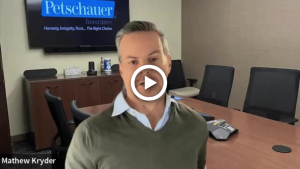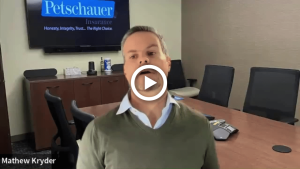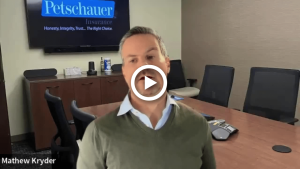Do Telematic Devices Save You Money?
 The insurance industry has realized that electronics can now play an important role in the underwriting of a Commercial Automobile Policy. After all, our personal auto clients have been benefiting from GPS technology for years.
The insurance industry has realized that electronics can now play an important role in the underwriting of a Commercial Automobile Policy. After all, our personal auto clients have been benefiting from GPS technology for years.
In Commercial Vehicles, the installation and use of telemetry can monitor items such as:
• distance driven
• time of day
• destination(s)
• speed
• brake usage
• safe and efficient driving practices
• proof that such safe practices are actually being engaged
The use of such information to monitor and coach drivers can coax more insurance carriers into providing credits for the use of this equipment. This can make the initial investment minimal in terms of the actual dollar return to be realized.
Certainly, this is more reliable than dialing #1-800 How’s My Driving!
It is said that the use of such devices can even be used to reconstruct accident details. Of late, Commercial Lines insurers are offering a 5% credit for the use of any and all telemetry.
And why not? The use of these electronics is certainly more practical than having the boss ride along with every driver in his fleet.
Recent articles in insurance periodicals indicate that development of additional telemetry for use in fleet systems has been hindered because the patents to more sophisticated devices are actually owned by a leading insurance company who specializes in writing auto policies for customers with varying degrees of driving skill and proficiency. The patents for “Snapshot,” and other such devices that have gathered driving habit(s) data over the last decade, are now being challenged. As a matter of fact, several of these patents are actually being cancelled.
Such Usage- Based Insurance programs are slated for rapid growth here in the United States and it is predicted that over the next 5 years, more and more carriers will incorporate some form of credit for the use of such technology. As a matter of fact, even seatbelt usage can be monitored by this means.
Does this imply that traffic tickets will ultimately be issued “after the fact” just because the device has ratted us out?
By Karen Skoler, CPCU









